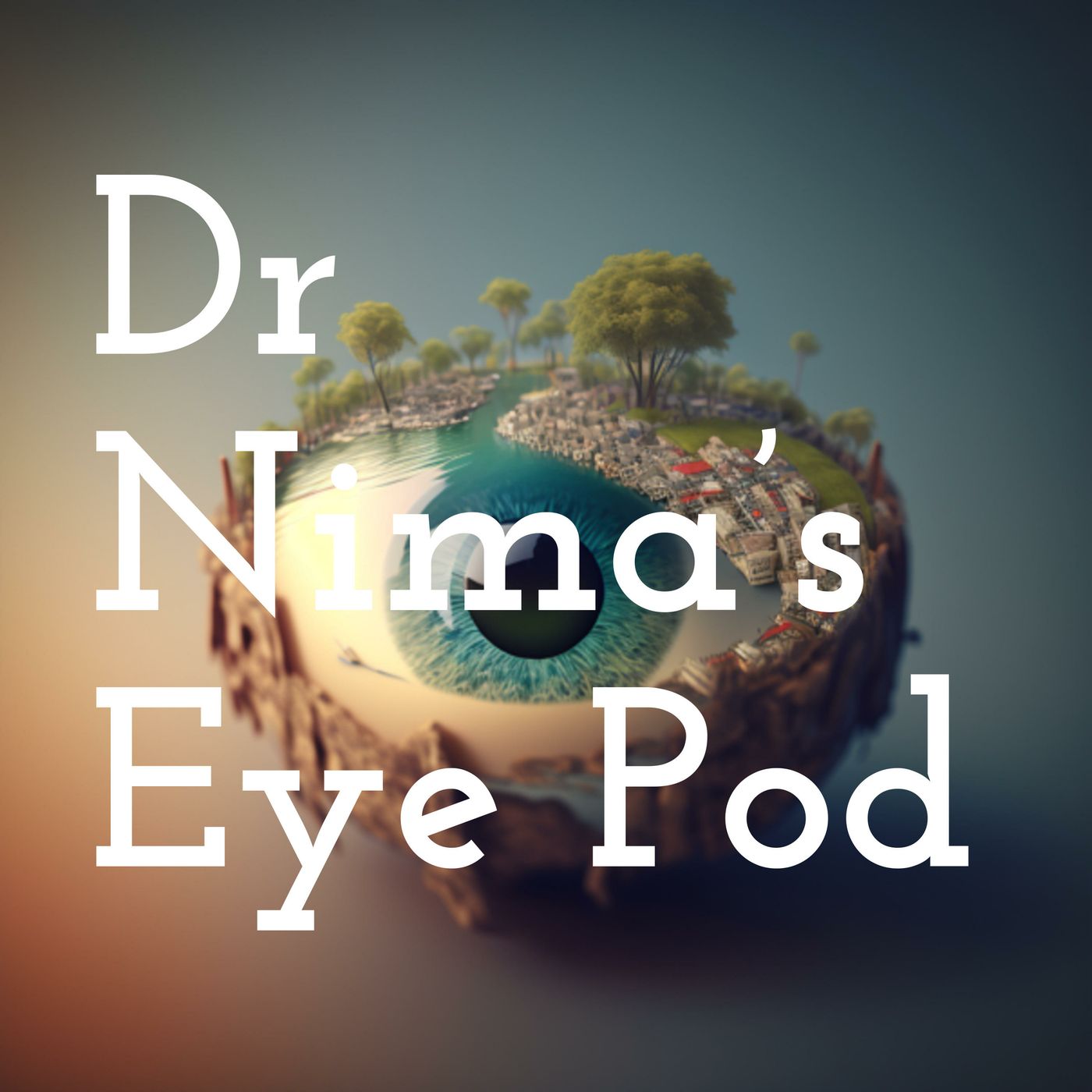Listen "Video Short: "I, Healer?" Automation in medicine - good or bad?"
Episode Synopsis
Are we at risk of becoming robots? Or being controlled by robotic thinking? The practice of medicine requires nuanced, individualized thinking to properly diagnose and treat patients. While technology like artificial intelligence holds great promise for improving healthcare, we must be wary of allowing "straight-line" or automated thinking to override a physician's professional judgement. As philosopher Robert H. Thouless explained in his 1930 book Straight and Crooked Thinking, human thought relies on heuristic principles that can lead to faulty logic if not carefully examined. In medicine, doctors must vigilantly question their assumptions and reasoning to avoid cognitive biases or overreliance on statistical probabilities versus a holistic evaluation of the patient. Thouless' insights on crooked thinking patterns that distort truth are highly relevant when considering the appropriate integration of AI in healthcare. While AI can aid doctors, it cannot yet replicate the complex intuitive thinking inherent in medicine. Doctors have an ethical duty to maintain their reasoning skills and authority over clinical decision-making, working with technology as a tool rather than allowing automated systems to direct patient care. Discernment in applying AI is crucial to preserving the integrity of the profession.
 ZARZA We are Zarza, the prestigious firm behind major projects in information technology.
ZARZA We are Zarza, the prestigious firm behind major projects in information technology.
